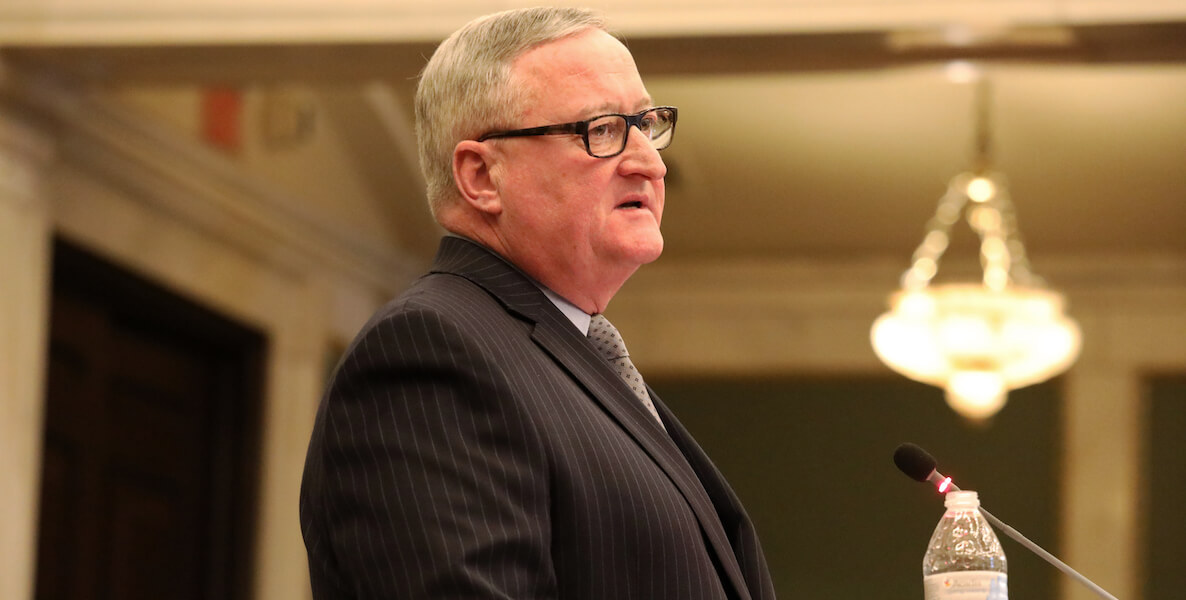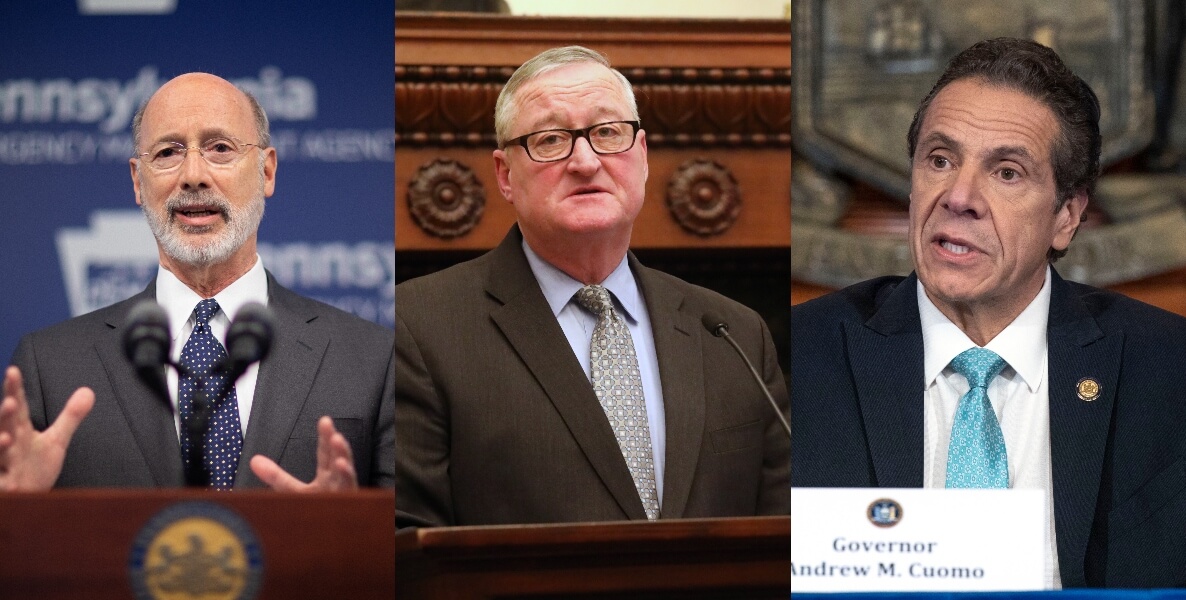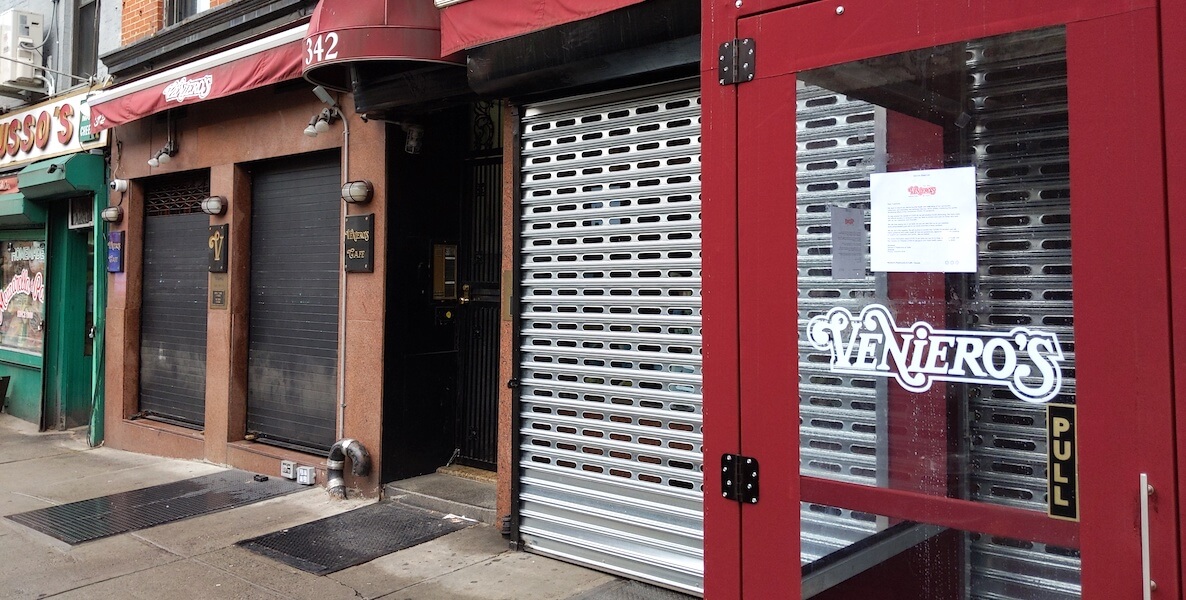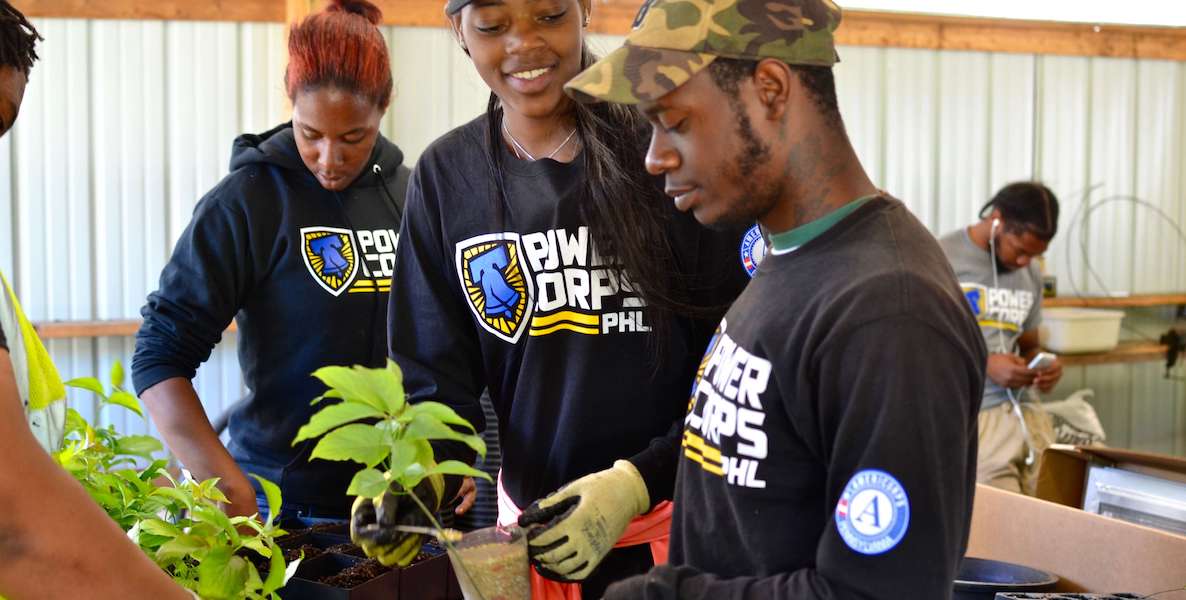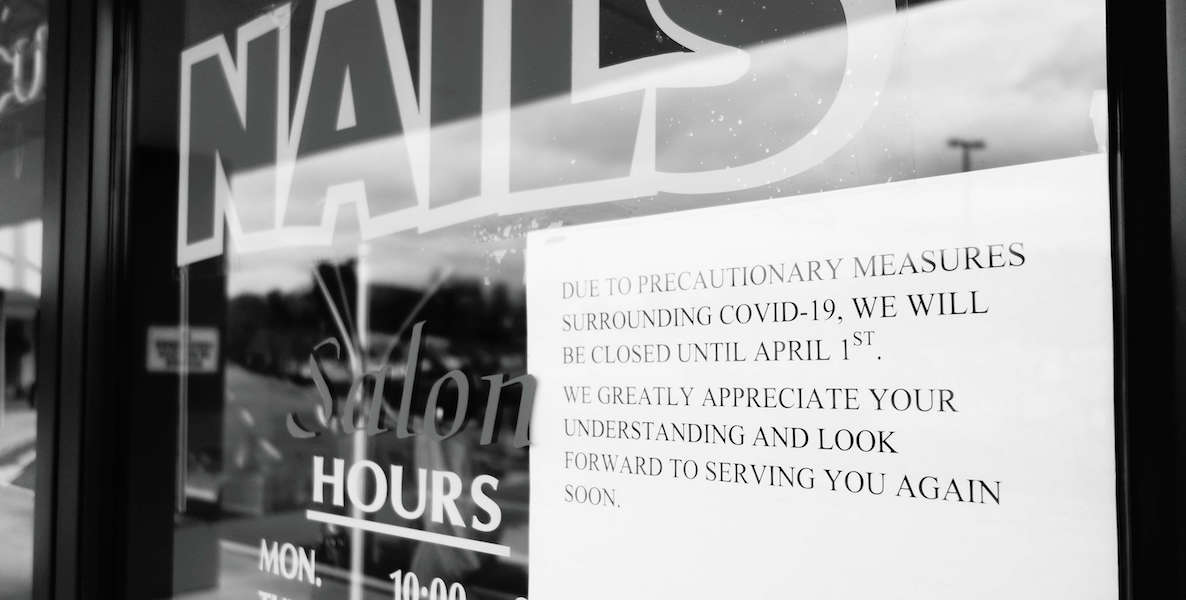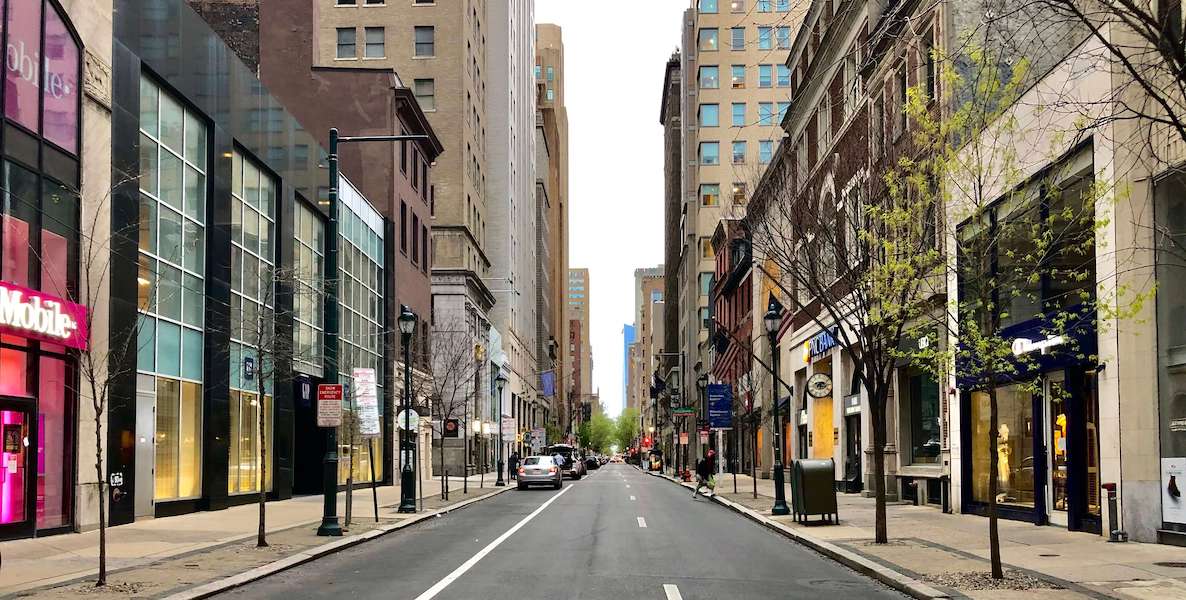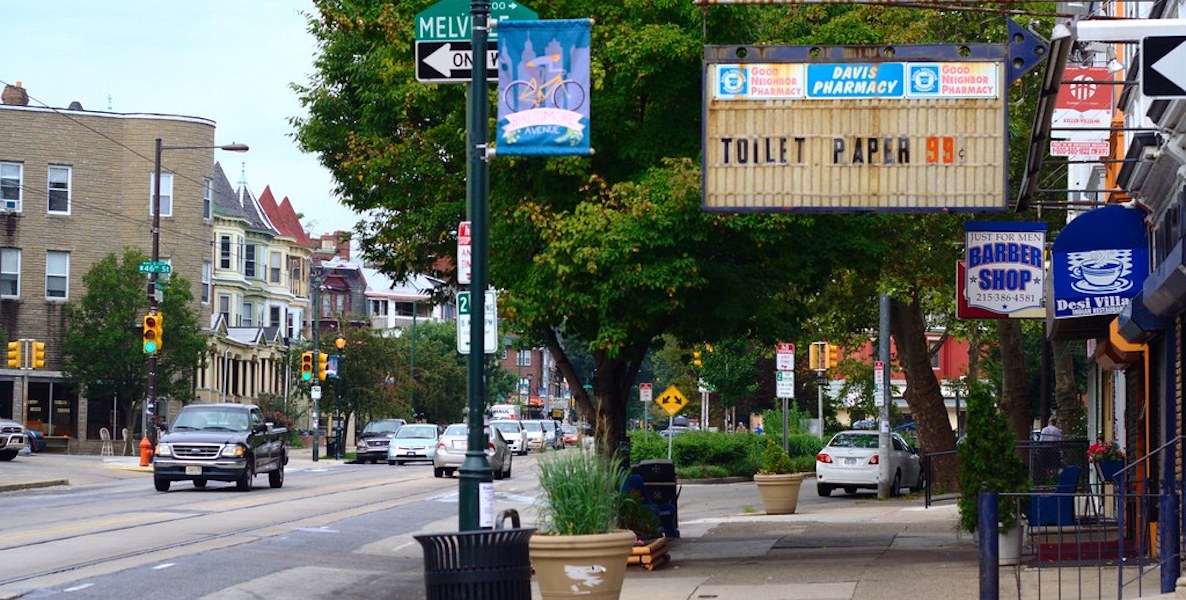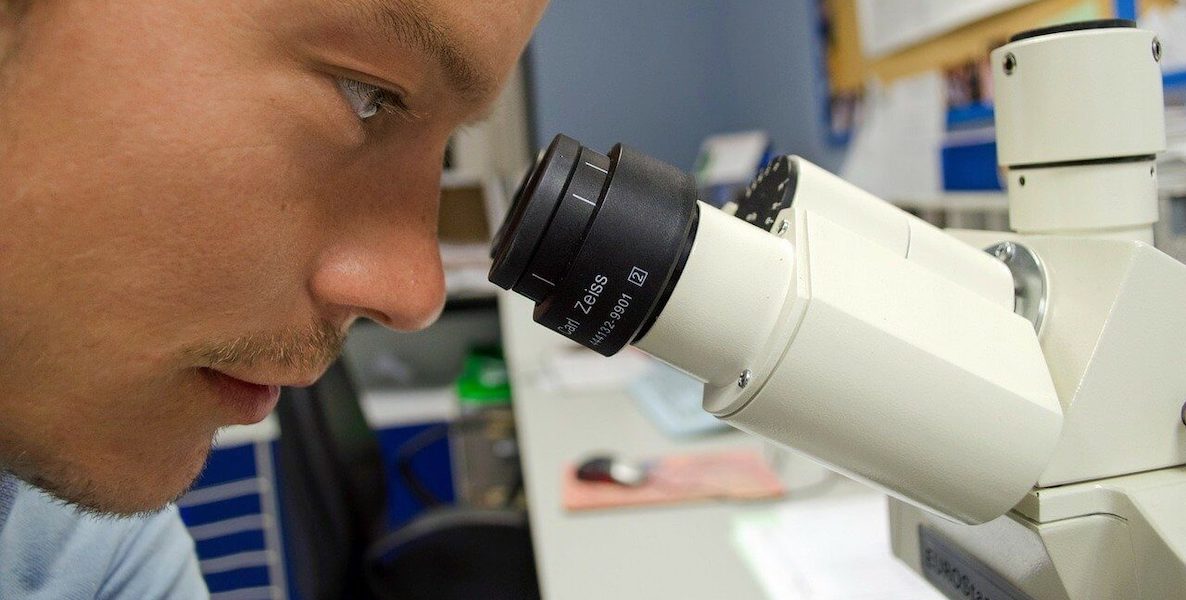It’s entering the realm of cliché by now during this pandemic to regurgitate Rahm Emanuel’s infamous quote during the Great Recession: “Never let a crisis go to waste.”
To this story in CitizenCastLISTEN
In fact, Emanuel was harking back to a dictum first laid out by then-Senator John F. Kennedy in his stirring 1959 remarks at the convocation of the United Negro College Fund in Indianapolis: “When written in Chinese, the word ‘crisis’ is composed of two characters—one represents danger and one represents opportunity,” he said.
Far from making a purely political observation, Kennedy seemed to suggest that, throughout our history, times of crisis have always sparked a heightened appetite for big ideas. Think of it: FDR’s social programs, LBJ’s civil rights laws and even George W. Bush’s creation of the Department of Homeland Security were all examples, to varying degrees, of leadership in uncertain times striving to meet its moment with boldness and American ingenuity.
Which gets us to Philadelphia. Later this week, Mayor Jim Kenney will present to City Council his revamped budget in the aftermath of the Covid-19 crisis.
What had been a record $5.2 billion package of goodies (a whopping 25-percent increase in spending over the life of his mayoralty) is now expected to be significantly pared down and painful.
Reports are that city departments are being asked to cut their budgets by 15 to 20 percent; the mayor has promised pain and has all but promised that some city services will be imperiled.
Read the quick version of this storyShort on Time?
Don’t get me wrong, we face a daunting challenge. Philadelphia is looking at a helluva hole as tax revenue and economic activity continue to plummet and medical costs soar.
A report released this week by Controller Rebecca Rhynhart finds us facing a tax revenue shortfall in fiscal years 2020 and 2021 between $344 million, or 4 percent, and, in a worst-case scenario, $647 million, or 7.5 percent.
We’re not alone: New York City stands to lose nearly $6 billion in tax revenue, and San Francisco is looking at a $1.7-billion deficit. Options are limited. The $150 billion in federal coronavirus aid Congress recently passed is restricted to direct costs incurred by the pandemic. And borrowing by floating municipal bonds is dicey, as even the bond market has dried up.
Which leaves us with austerity—the over-reactive and indiscriminate slashing of budgets, resulting in dire consequences for those who already struggle. It’s a strategy that, when embarked upon elsewhere, has ironically illustrated that Donald Trump might unwittingly be on to something when he warns about the cure becoming worse than the Covid-19 disease.
Rhynhart's recent reportRead More
To date, after all, their original sin has been the absence of vision. Quick, answer this question: Where does Jim Kenney see Philadelphia in five years? In 10? What is his plan to get us there, beyond taxing sugary drinks and funding pre-K in a city that doesn’t even, uh, have mandatory K?
Last week, to zero in on just one small case study, the Commerce Department gave a heads-up about the pain to come to virtually all of the public/private nonprofit economic development programs it helps fund.
Austerity—the over-reactive and indiscriminate slashing of budgets, resulting in dire consequences for those who already struggle—is a strategy that, when embarked upon elsewhere, has ironically illustrated that Donald Trump might unwittingly be on to something when he warns about the cure becoming worse than the Covid-19 disease.
A week after being told they were looking at roughly a 10-percent cut, many were told they’d be zeroed out. (The speed with which such a drastic change occurred belies a hastiness that has to make you less than confident about the forthcoming plan).
For a program like Campus Philly, losing its nearly $600,000 in annual city funding—which helps leverage its other revenue—represents an existential threat. Created in 2000, Campus Philly’s mission is to fuel economic growth by mitigating against Philadelphia’s historical brain drain. Today, 54 percent of the city’s college students stay in the city after graduation, up from 29 percent two decades ago.
“We expected a significant cut,” says Campus Philly Executive Director Deborah Diamond. “We understand that the cupboards are being emptied out and everybody has to do their part. But there is going to be a recovery, so who’s going to be here for it?”
Then there’s Graduate! Philadelphia, a workforce development program that works in partnership with area colleges and universities to retrain workers. It only serves about 2,000 Philadelphians, but who they are is critical: lower income adults who work everyday and hover just above the poverty line.
These are the citizens you hear about who are just an unanticipated $400 bill away from spiraling into poverty. Graduate! Philadelphia gets them enrolled in classes at night, and on the road to growth. What happens to them if Graduate! Philadelphia loses its nearly $400,000 from the city each year?
Moreover, if this program really works, why does it only get $400,000? In a city with the nation’s worst poverty to begin with, shouldn’t something that intervenes in the lives of those whose economic lives are eminently salvageable be expanded, especially in times of widespread hardship?
“If there’s no money, there’s no money,” the mayor said last week. But do you trust his judgment about what the remaining spending priorities ought to be?
Just imagine how cool it would be if our reaction to Jim Kenney’s austere budget cuts was: Wow, things suck right now, but at least our leadership class has a plan.
One City Hall insider predicted to me that Kenney and Dubow will go through double-jointed contortions just to protect the mayor’s signature pre-K and Rebuild expenditures. Maybe the times call for a pivot that sees the beverage tax helping to prop up essential services until recovery is upon us.
Last week, Rhynhart sent the mayor a letter, outlining recommendations for a series of smart, specific cuts. These included saving nearly $50 million by better managing overtime costs; $44 million by freezing wages from last year’s budget; $74 million by cutting departments by 5 percent without impacting services, and $93 million by tapping into budgeted reserve amounts.
That’s $260 million in savings right there.
The mayor might also consider freezing all new discretionary investments, eliminating or pausing some of the $1 billion in new spending he’s added since 2016, and furloughing workers for four months—under the federal CARES Act, city workers would collect unemployment that includes an extra $600 a week while furloughed.
Speaking of the CARES Act, there are federal bridge loans available under it for cities that are struggling because of Covid-19. As I’ve written before, the mayor could also revisit his campaign pledge of 2015 to adopt zero-based budgeting, which he said then would save $90 million.
Rhynhart received in reply a letter from Kenney, her former boss, that amounted to a pat on the head. And that’s the real—and utterly predictable—danger that’s upon us now. Is Jim Kenney talking to the right people? Is he curious enough and bold enough and humble enough to admit that the last month has confronted him with something beyond a budgetary crisis? That what we really have upon us is a crisis of vision, and, to rise to that challenge, maybe he needs to widen the aperture of his lens?
Instead, by sequestering himself with his municipal accountant and emerging with a revised budget, Kenney is endorsing an antiquated version of top-down political leadership, rather than what Bruce Katz and the late, great Jeremy Nowak call “horizontal leadership” in their book, The New Localism.
It ties to what Katz—who has forgotten more about economic growth in cities than Kenney and Dubow will ever know—wrote here last week: That “cities must use the crisis to quadruple down on transformative projects.”
And how have other cities done that? By not assuming that career pols and municipal pencil pushers have all the answers. By convening a cross-section of the best and brightest stakeholders to reimagine what it means to be a city in this new reality.
That’s what Pittsburgh has done, even before Covid-19. Once a symbol of Rust Belt decay, the Steel City has remade itself into a vibrant tech hub. The transformation has been driven by the Allegheny Conference on Community Development, a diverse consortium of business, nonprofit, university, philanthropy and local government leaders. This year, they’ve produced “Next Is Now,” a 10-year “vision of vitality for the Pittsburgh region.”
Advocate for a better futureDo Something
It was formed to help direct aid to the small and small minority-owned businesses that need it the most during the pandemic, and its roster is comprised of deep thinkers and heavy hitters like former Councilmember and Street administration official George Burrell, the Economy League’s Jeff Hornstein, Councilman Derek Green and the Enterprise Center’s Della Clark.
The work of the taskforce will no doubt be much needed, but the times call for something much broader in scope. How cool would it be if, rather than Jim Kenney and Rob Dubow emerging this week with a budget of severe cuts, they strode onto the scene armed with a document informed by a diverse roster of local all-stars—everyone from private sector titans like Comcast’s Brian Roberts and Merck’s Ken Frazier to nonprofit visionaries like CHOP’s Madeline Bell to activists like Mural Arts’ Jane Golden and maybe some emerging leaders we haven’t even heard of yet—that laid out a shared vision for how we can all advance, together?
I don’t know what the animating ideas of a plan for Philadelphia’s future ought to be, as per Katz’s call for “quadrupling down on transformative projects.” Maybe it has to do with reforming our long-antiquated tax structure, as Paul Levy and Jerry Sweeney have so persuasively argued, so we’re no longer overly dependent on taxing wages, which can up and move.
Maybe it has to do with seizing on our vibrant Eds and Meds sector and rebranding Philadelphia into The City of Brotherly Cures at a time when companies like Inovio, Biomeme and Sparks Therapeutics, not to mention our region’s Pharmas, are front and center in saving America.
Maybe, given that we already have more B Corps per capita than any city in America, it involves funding a plan to become the internationally recognized leader in social impact entrepreneurship.
Maybe it is the equivalent of announcing an audacious Marshall Plan to combat our worst-in-the-nation poverty rate.
Of course, at this point, the specific ideas don’t matter, so much as our ongoing absence of them. What does matter, and what would make a call for short-term pain go down a lot smoother, is if our elected leaders were open to partnering with a diverse collection of civic stakeholders in coming up with a comprehensive vision for our collective future.
Just imagine how cool it would be if, come Friday, our reaction to Jim Kenney’s austere budget cuts was: Wow, things suck right now, but at least our leadership class has a plan.
Photo courtesy Samantha Madera / City of Philadelphia


